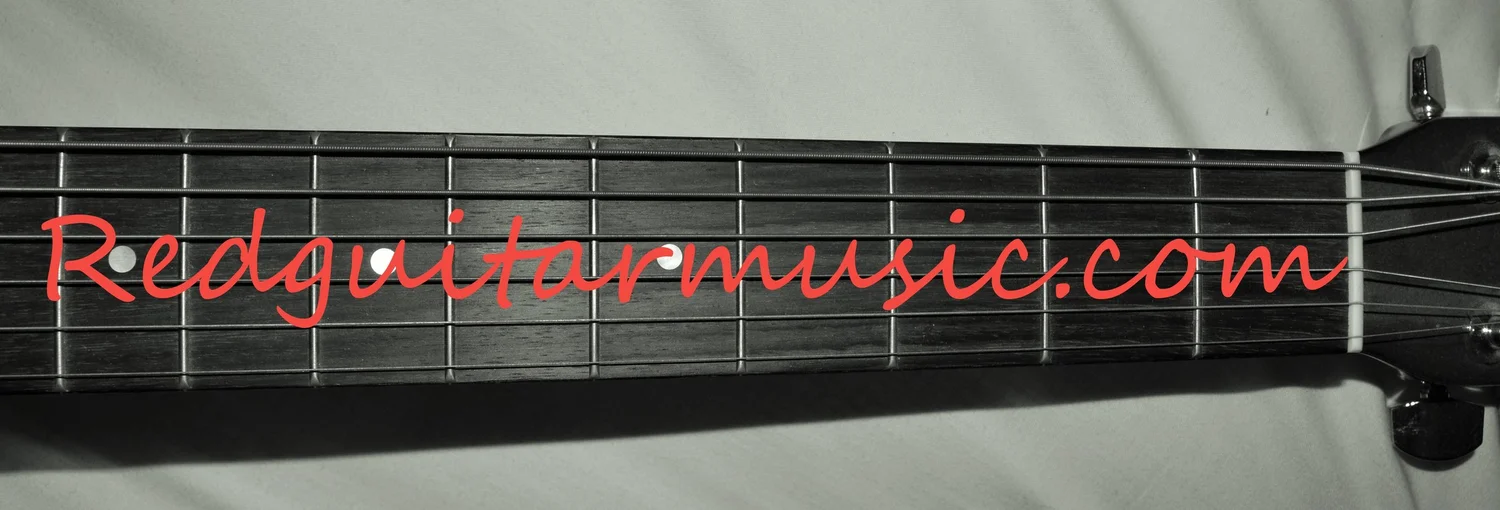Darlingside to release 'Birds Say' in UK July 15th
July 15th will see a very welcome UK release for 'Birds Say' by Darlingside via Thirty Tigers. The quartet have been compared to The Byrds, Fleet Foxes, Simon & Garfunkel and CSN&Y. The guys are also visiting the UK for a short tour that includes a show at the Cambridge Folk Festival on July 30th. Please read on to check out the superb video for 'The God Of Loss' and more about the album.
On ‘Birds Say’, the Massachusetts-based quartet’s wide-open arrangements are marked by the skillful vocal interplay of the four singers. When bassist Dave Senft, guitarist and banjo player Don Mitchell, classical violinist and folk mandolinist Auyon Mukharji, and cellist and guitar picker Harris Paseltiner gather around a single microphone and let their richly-textured voices loose, they splash their melodies with a sunny melancholy that brings their lyrics to vibrant life. Subtle musical shadings take cues from folk, chamber pop, bluegrass, classical music, and modern indie rock, while aching harmonies are complemented by tones from the harmonium, frailing banjo, 12-string electric guitar, Wurlitzer, auto-chord organ, and grand piano.
Aside from their sound, one of the most unique aspects of Darlingside is their collaborative approach to songwriting. The band pool ideas, whether generated individually or in a group session, and collectively edits and fine tunes songs so that each bears the imprint of four different writing voices. Each member sings lead and who plays what can shift from song to song. The ethereal blend they achieve is the result of the flexibility they have as a group.
The naming of the band reflects the humour, wordplay, and playful banter that the four close friends share on and off stage “Pesticide is used to kill pests. Fratricide is when you kill your brother,” explains Darlingside’s Dave Senft. “A former teacher of ours used to say ‘kill your darlings,’ which is to say, if you fall in love with something you’ve written you should cross it out. We like that idea and we thought a good name for it might be ‘darlingcide’, but we changed the ‘c’ to an ‘s’ because we’re not super into death.”
Friends for ten years, Darlingside met as students at Williams College and began writing and singing together. The songs that make up ‘Birds Say’ were assembled over the past three years in their kitchens and living rooms, on cabin retreats, and while visiting each other’s childhood homes. They recorded at Dimension Sound Studios in Boston with engineer and co-producer Dan Cardinal during the city’s snowiest month in history, the streets empty due to travel bans.
Sparse notes from banjo, acoustic guitar, violin and grand piano punctuate the solemn “White Horses,” in keeping with the song’s themes of haunting nostalgia and bleak winter inertia. “Looking for a trace of our orchard underground / Growing in the basements beneath a brand new town,” Harris sings delicately while the others support him with high, mournful harmonies. Auyon, Dave, and Harris sing in unison to begin “The God of Loss,” a song that laments the inevitable clash of the narrator’s familial, cultural, and romantic loyalties. Auyon’s somber fiddle and the unadorned arrangement recall the isolated wail of an old Appalachian folk song, transplanted into a bed of churning guitars. “Harrison Ford” rides lightheartedly on an echoing hand percussion loop and Don’s chattering banjo as he sings a lyric full of complex internal rhymes in a style that’s part vocalese, part sideshow spiel. The ensemble supplies bursts of fractured harmonies that mirror the action of the swordfight the speaker is having with a man who may, or may not, be Harrison Ford.
The title track “Birds Say” is a vocal tour de force, with layered nylon-string guitars, violin, and cello underpinning 12 multi-tracked voices that fill the sonic space with rich overtones and intertwining harmonies as they muse on the mysteries of communication and interconnection.
Brittle synthesizer-like sounds from Auyon’s mandolin seamlessly mesh with acoustic and 12- string Danelectro guitars for the folk rock groove of “Go Back.” The arresting a cappella intro features all four voices lifted in harmonies that recall CSNY (Crosby, Stills, Nash & Young). The propulsive music shifts under the vocalists, as they attempt to untie the knots that connect past and future. “We wrote this record thinking about our childhoods, our transition into adulthood together, and the complexities of life that we all have to grapple with now,” Don says. Lyrically and musically, the band will follow a song wherever it takes them. “We don’t really think about genre,” Auyon observes. “We don’t see any limits except ‘no jazz,’ because none of us know how to play it.” And yet the band’s close harmonies and carefully crafted arrangements do occasionally spill into loose free-form outros, surreal dream spaces, and textural experimentation. “We started dipping into some psychedelic sounds with Dan,” says Harris, “re-amping our group vocals through a rotating organ speaker to give them a melting, wavering Doppler effect, or pushing an instrument through an Echoplex tape delay, which can make an acoustic guitar sound like a spaceship taking off.” Amid unexpected soundscapes, the songs remain familiar, looking backward and forward at the same time.

